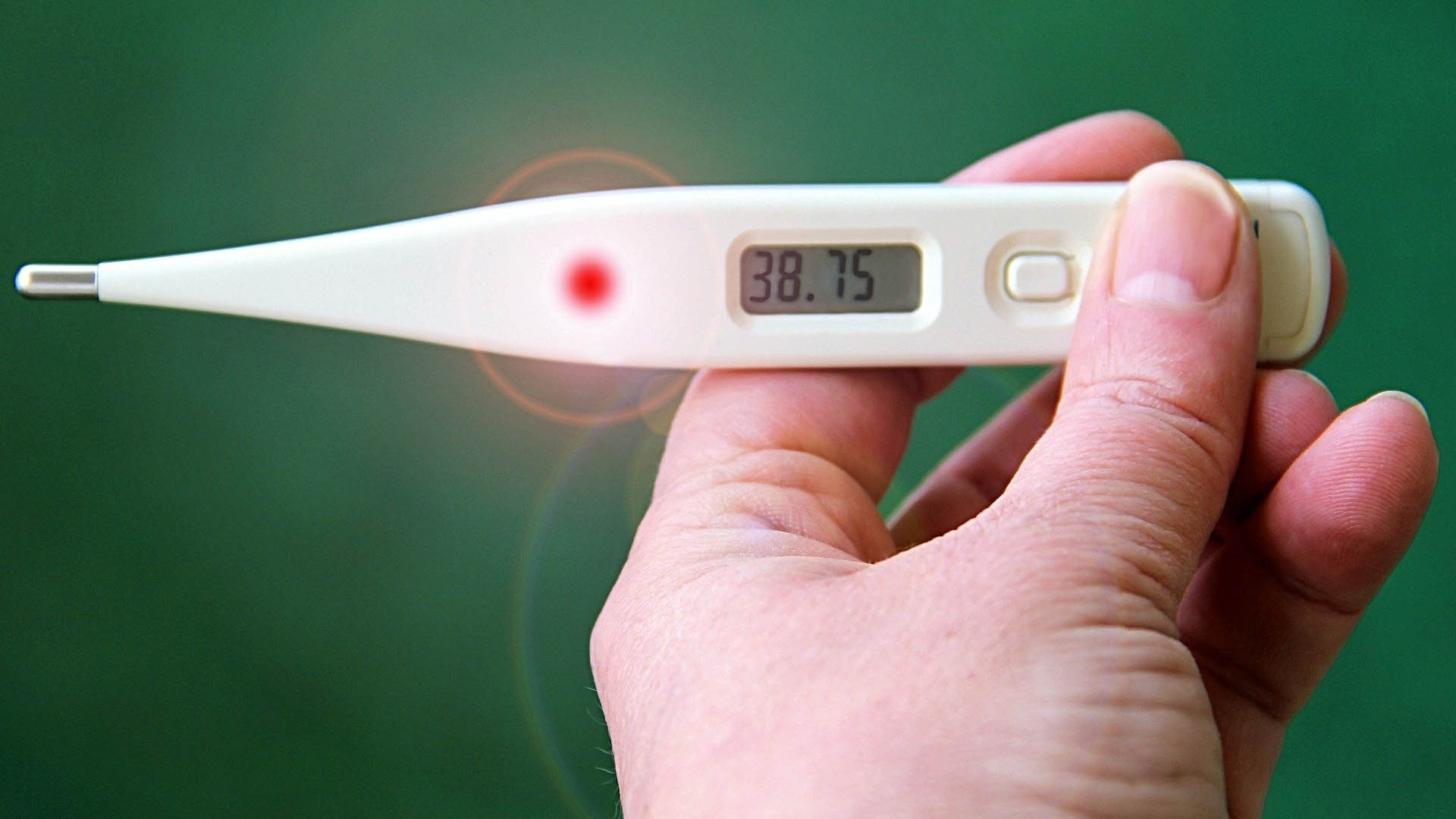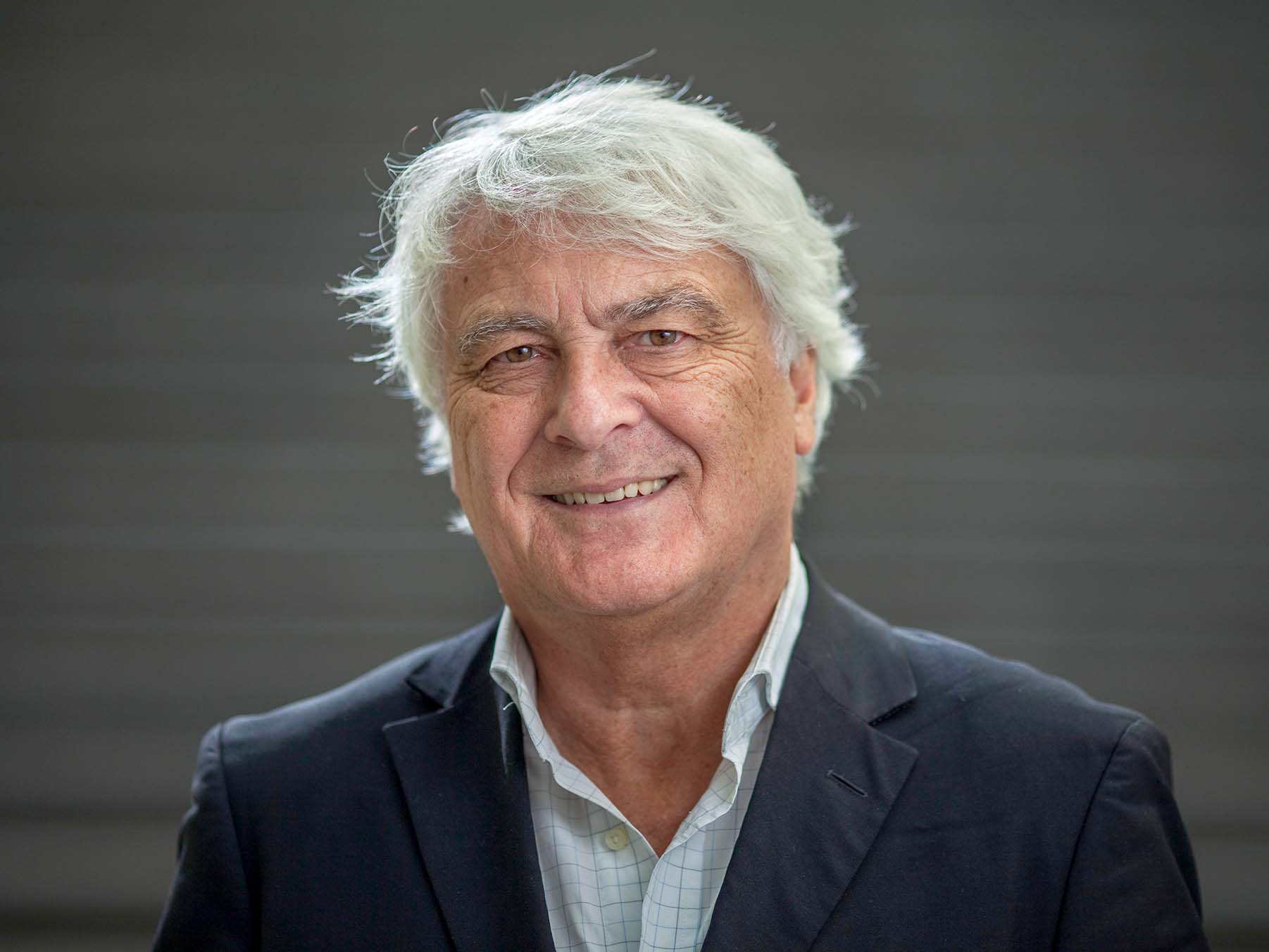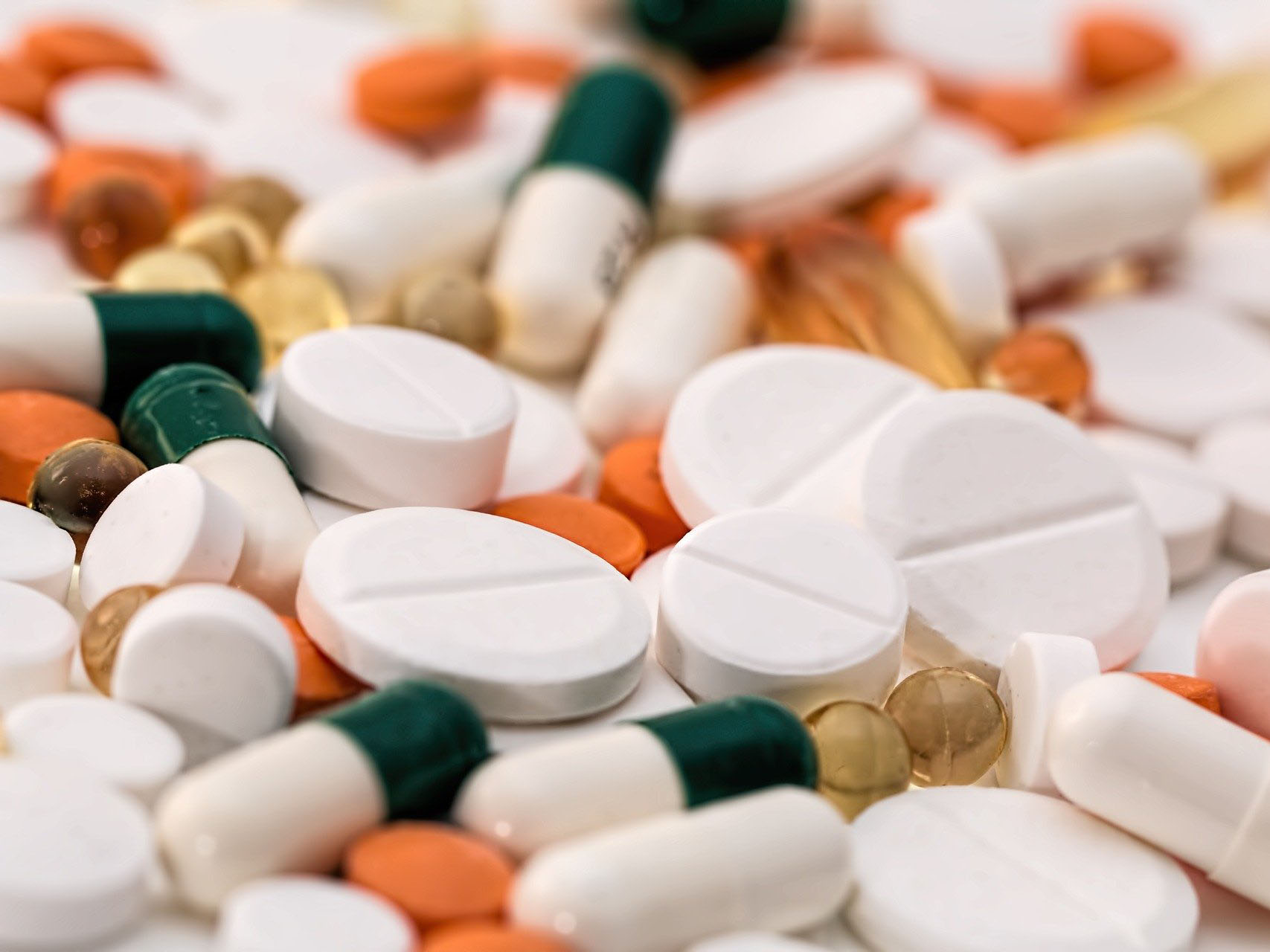
Foto: Gundula Vogel_Pixabay
“The danger that the shortages will become worse is growing”
Shortages in medication are becoming increasingly regular in Germany – and that was before the corona crisis. An interview with the health scientist and care researcher Professor Gerd Glaeske.
Coronavirus was not the trigger for their being shortages of certain medication in Germany – such reports were available prior to that. But is the situation becoming worse now? And why does this phenomenon occur at all? One person who should know why is Professor Gerd Glaeske from the University of Bremen. He works at the SOCIUM Research Center on Inequality and Social Policy and is one of Germany’s most renowned scientists in matters concerning medication.
Mr. Glaeske, there were reports of medication shortages in Germany before coronavirus broke out in China. The reports concerned pain medication, blood pressure drugs, and anti-depressants. How has the situation now become worse?
The danger that the shortages will become worse is growing. Delivery bottlenecks are nothing new – my team and I actually published the first publication on the topic more than ten years ago. Back then, the hospital pharmacies were affected and someone dealt with finding replacements during shortages for one or two hours each week. There are now one to two staff members in each hospital that do this the whole day.
Health insurance companies enter into contracts with manufacturers in order to receive certain medication for a lower price. Why is it often these discounted drugs that are not deliverable?
This mainly concerns the field of chronic illnesses or medication that is in high demand. So-called generic drugs are used in such cases. They are cost effective imitation products. They account for more than 75 percent of all drug prescriptions. The majority of the production facilities for generic drugs are located in India and China where it is possible to produce for less. However, this means that the delivery chains are longer and the reliability or quality is not always as one wishes. The discount contracts that the insurance companies entered into have caused such a drop in the prices that the production had to move forward in this manner in order for any profit to be made. The fact that exactly these regions, in which the medication is produced, are now affected by coronavirus is an unlucky coincidence – but one with consequences.
“Pharmaceutical companies have made themselves dependent”

Foto Raphael Huenerfauth _ Photothek.net
Has Germany become too dependent on cheap suppliers from other parts of the world?
Not Germany, but rather the pharmaceutical companies. They want to secure their profit in this way. By the way, the situation in the USA is much more dramatic because the pharmaceutical companies there want to mainly produce the goods in India. The factories there largely source their raw material from China. We still have enough medication and alternatives in storages, also medication from other suppliers. It will become critical when they have been used and nothing is being delivered from China.
In light of the ever-increasing medication shortages, should we have “emergency supplies” for turbulent times? We do, in fact, have oil and gas reserves.
This idea has already been discussed in politics – finally! Last year, the idea of a “national medication reserve” was spoken about for the first time. I do, however, have my doubts if it will actually be realized. Our data shows that we have around 3,000 drugs that are prescribed regularly. Which ones should we store? It is not possible to store them all as the market is far too differentiated. However, certain medication, for example drugs that are important for cancer treatment, should be stored. We are currently experiencing that oncological treatment cycles are being changed due to medication shortages. Certain anesthetic agents are not available in the surgical field at the moment. That is not okay.
“Do not use expired medication”

Foto: Steve Buissinne / Pixabay
Maybe we have to resort to expired medication in an emergency. Is it dangerous to take blood pressure drugs that have long passed their expiry date?
It is possible to do this. The effect should still be available after a few months. There have been studies that have proven this. Those who make large orders, such as the German army or disaster control authorities, check medication and then use it after the expiry date. This is what you need to know as an ordinary consumer: The manufacturer is no longer liable after the expiry date and must no longer pay if undesired effects occur. I would recommend that medication not be used after it has expired.
Do German doctors use their prescriptions pads too much when compared to other doctors worldwide? Do we belong to the fans of pillboxes?
We are not world leaders in that sense but close to the top. A comparison: In the Netherlands, 44 percent of all patients leave their doctor’s office without a prescription. Statistically, we are very close to 100 percent. This is also due to the fact that writing a prescription is a type of ritual in Germany. If doctors reach for their prescription pads, patients know that the appointment is basically over.